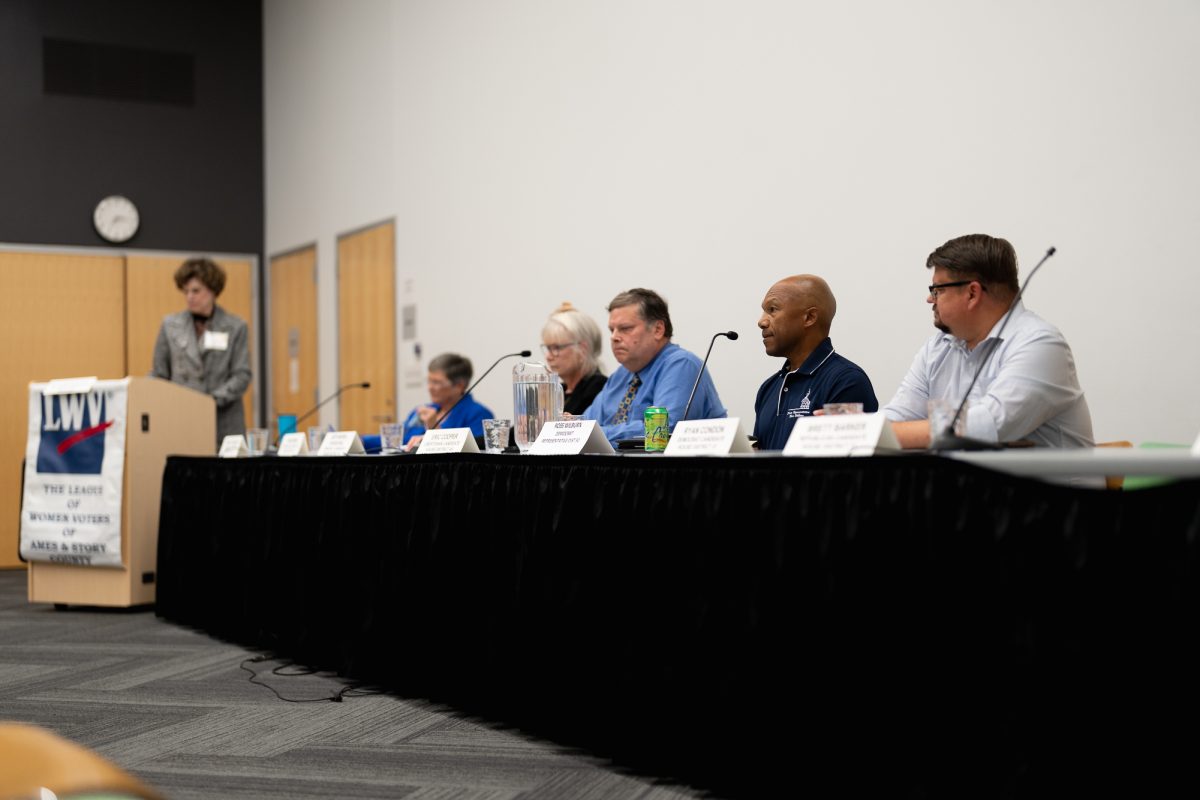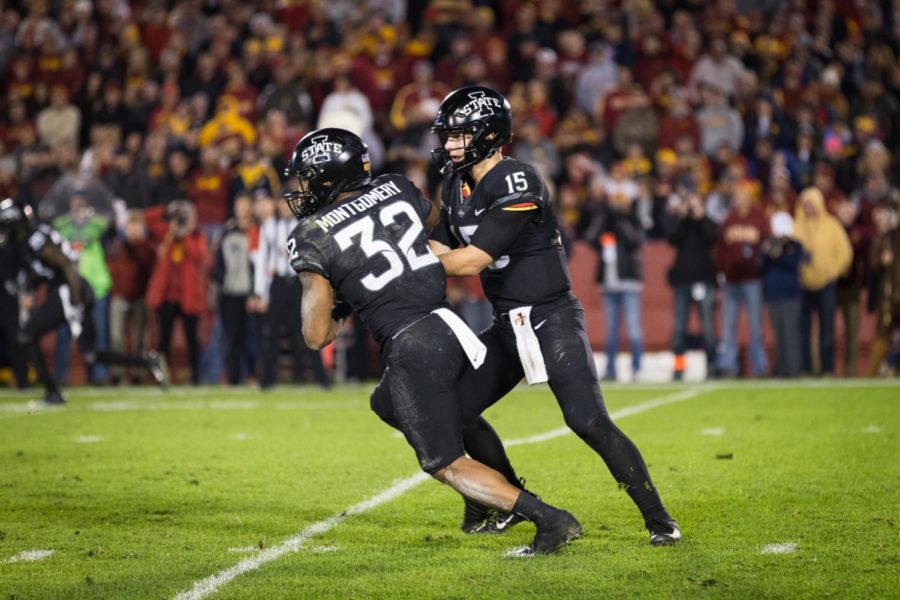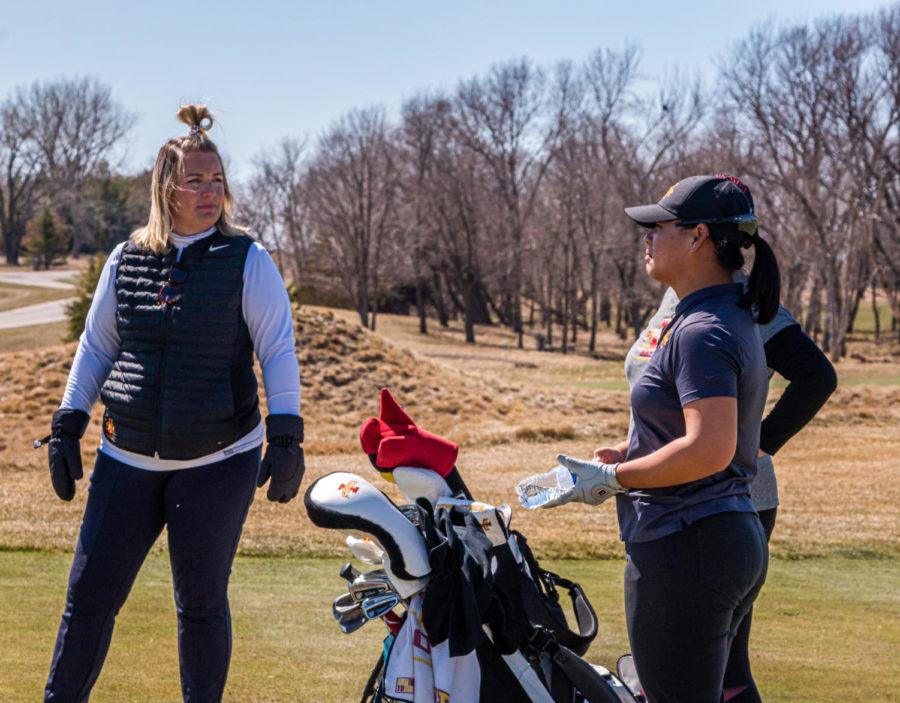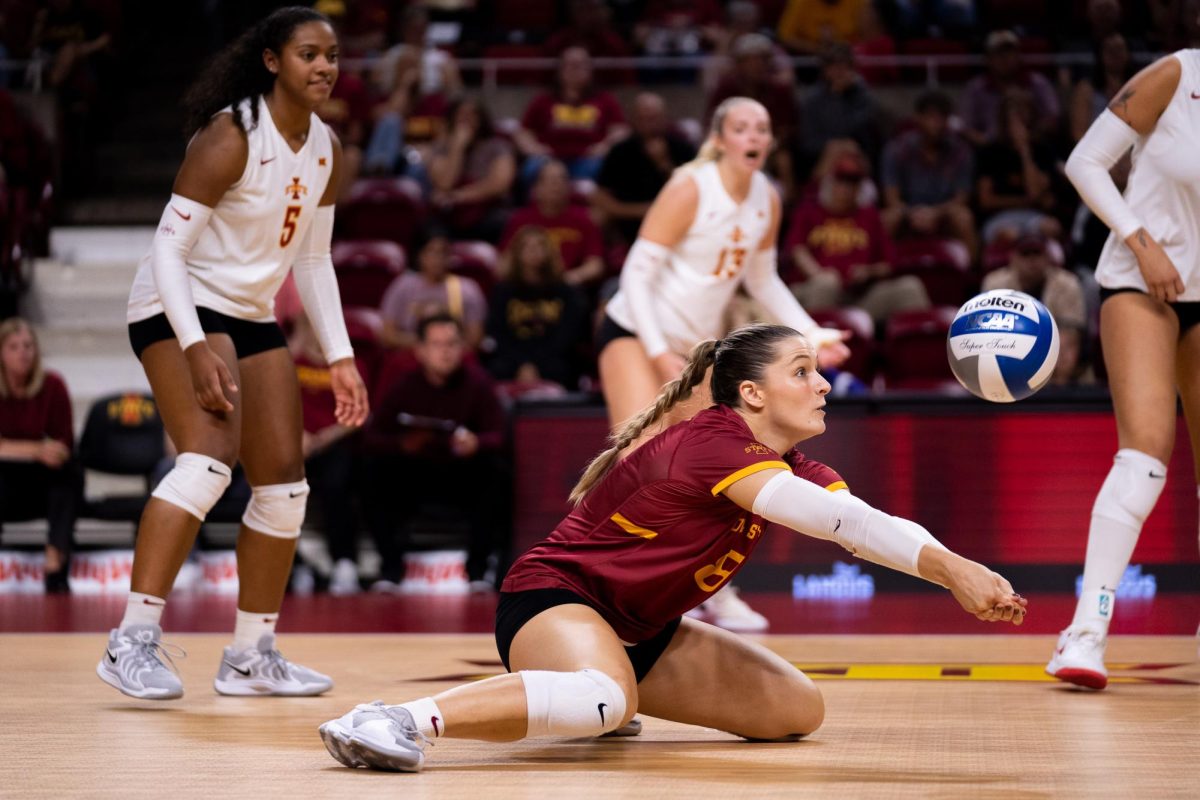ISU students whose cars are towed are often habitual offenders
May 1, 1998
To tow or not to tow? That is the question many Iowa State students ponder when thinking about the Department of Public Safety’s towing policy.
“A lot of the students who get towed are habitual offenders,” said Mark Hansen, manager of Butch’s Amoco, 100 E. Lincoln Way. “We try to be as sympathetic as possible, but we’re usually dealing with the students who have 25 other tickets in their glove box.”
Students have to pay a price of $24 to get their car from Butch’s Amoco after it has been towed. If a car is towed at night, the cost is $34. However, contrary to what some believe, DPS doesn’t receive any of the money.
“A lot of students have the misconception that we make money from the tow. The tow company gets every penny,” said Doug Houghton, program coordinator of DPS. “We could boot vehicles and charge a fee if we really wanted to make money.”
Booting a vehicle is the process of putting a clamp on the vehicle’s tire which can only be removed by DPS. The car cannot be driven until the clamp is removed, which would cost the violator much more than having the car towed.
DPS signs a contract once a year with the towing company that bids the lowest price for a tow. Butch’s Amoco, Lincoln Way and Duff Avenue, has this year’s contract.
“It’s pretty competitive. It’s through a sealed-bid process,” Hansen said. “We try to keep the price as low as possible without losing money.”
On average, 10 to 12 cars are towed from the ISU campus each day, and 50 to 60 cars are towed from campus each week. “That’s a very good week,” Hansen said.
There are various areas on campus that Houghton calls “problem areas.” Ticketing cars in such areas doesn’t stop parking violators, so towing must be done “to get the point across.”
“We can tow out of any area on campus, but usually we tow from the 24-hour spots with the red signs, and the individual stalls,” said Molly Nordman, DPS parking officer and senior in marketing.
A tow usually occurs when a parking systems officer either gets a complaint from a faculty member or the officer notices a lost or stolen parking pass in the window of the car in question.
Faculty passes vary in price, depending on their specialty. A 24-hour reserved permit costs $520 a year, and a regular reserved permit costs $260 a year.
Departmental permits cost $208 a year and general staff permits cost $52 a year.
“We feel the community benefits from this by the freeing of the spaces for those who’ve paid, and [towing] acts as a deterrent for future misuse,” Houghton said.
However, some parking offenders disagree.
Katy Pyzyna, sophomore in communications, said she was upset when her car was towed by DPS earlier this week while parked near the library.
“I knew I shouldn’t have parked there, but at least there could have been a sign to tell you your car might be towed,” she said. “There were a lot of other cars without permits there too.”
Houghton said it is tough to know which areas need tow signs because traffic to many places on campus is not consistent.
“It’s something we’re going to have to work with to see which alternative is best,” he said.
Every student should have his or her car registered with DPS when he or she come to school.
When they get their car registered, the student should have received the DPS Parking Division Manual.
“The purpose of this booklet is not only to inform you about parking and traffic regulations, but also to help you understand why DPS Parking Division operates the way it does,” the manual states.
“By reading and understanding the DPS Parking Division rules that apply to you, you can help make the regulation of campus parking and traffic more efficient, and possibly save yourself some traffic and parking tickets later on.”
Section 4.27 of the parking manual states five instances that would constitute a tow, the first being an accumulation of three unpaid violations that are at least 10 business days old and not currently under appeal.
“I’m even good with paying my tickets. I don’t know why they towed me,” Pyzyna said. “It’s like they were waiting for me when I got out of my car.”
Another situation where a car would be towed is when a car is parked illegally in a reserved spot or in a place that causes an obstruction to normal flow in traffic.
“Our objective is not to penalize or make money. We just want to free the space,” Houghton said.






